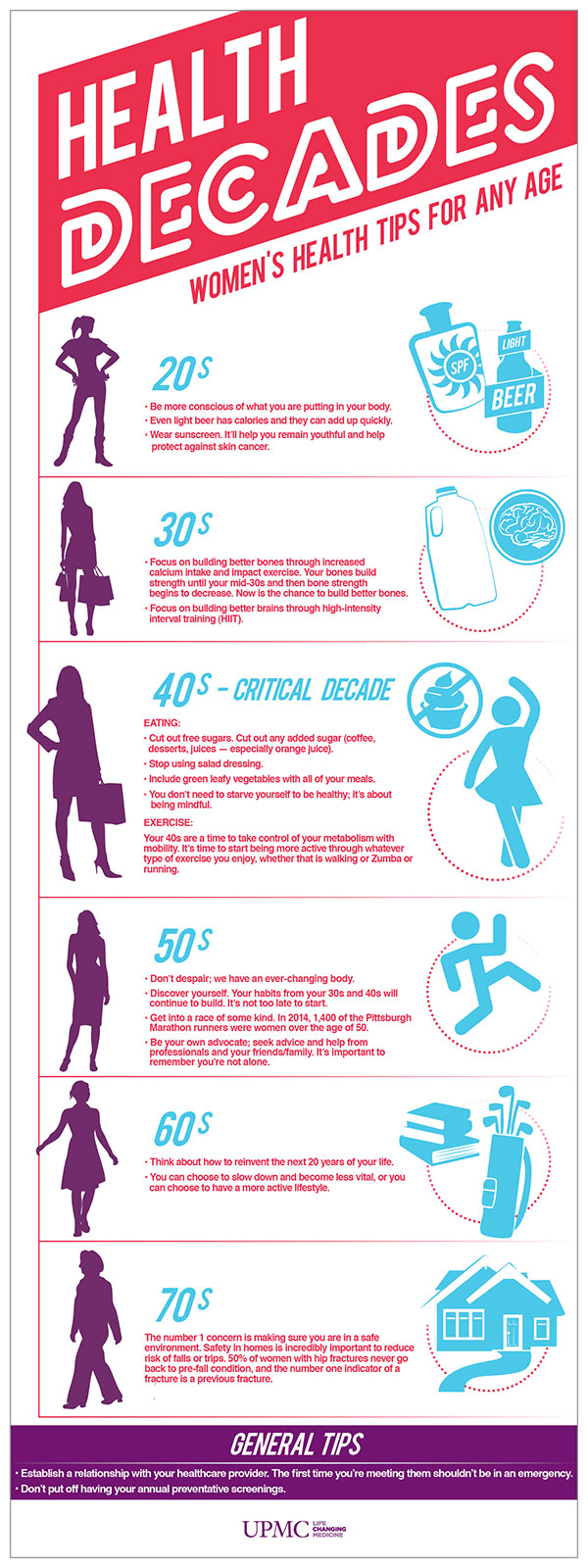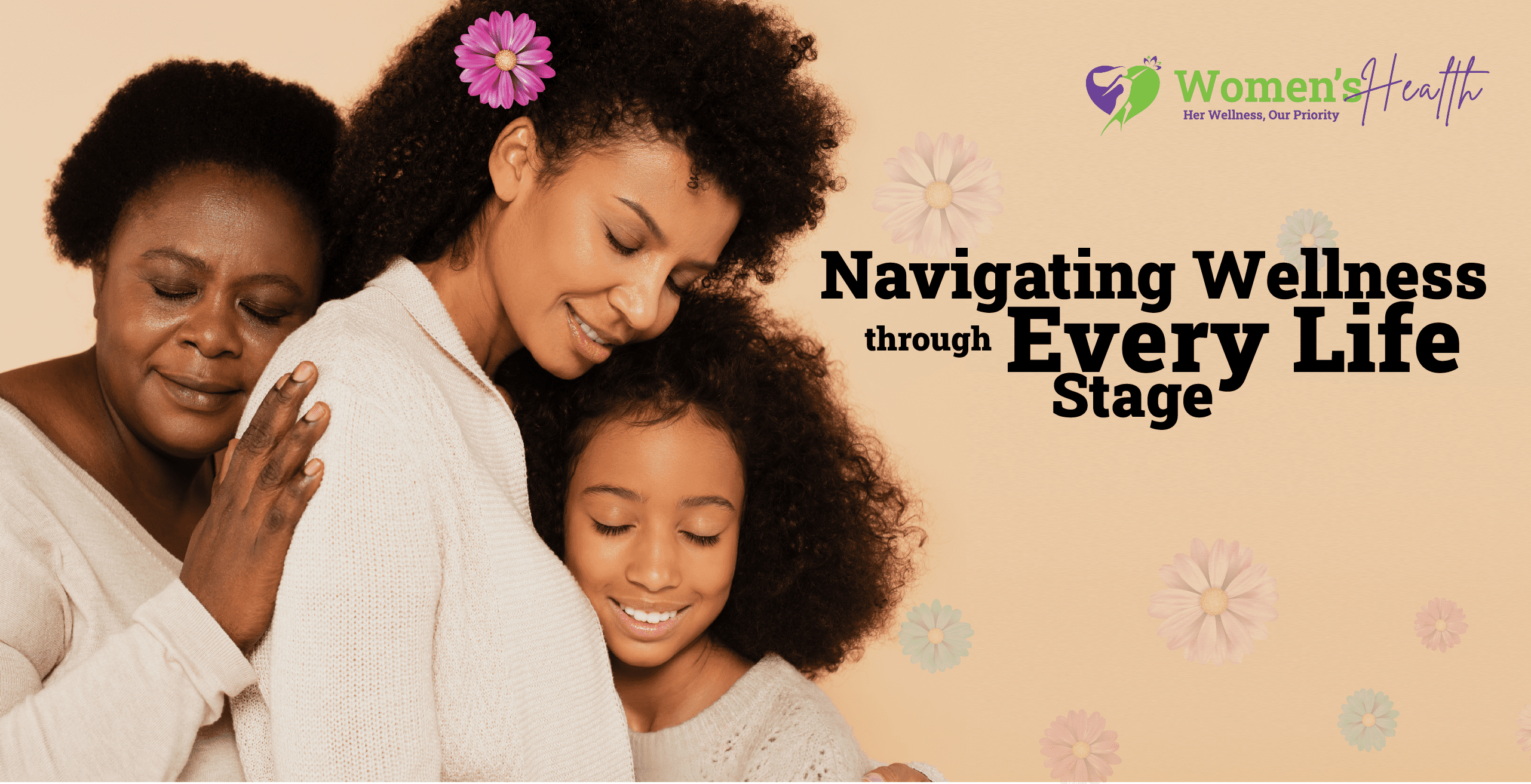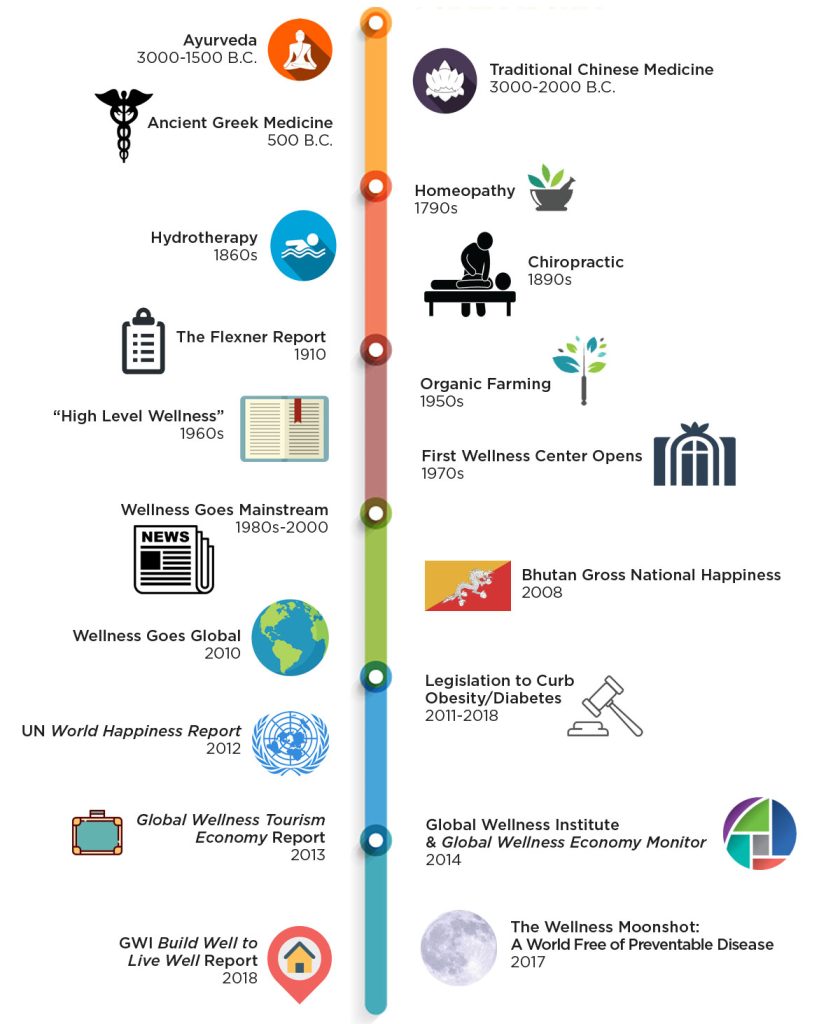Navigating the Decades: Health and Wellness for Asian Women Over 30
Related Articles: Navigating the Decades: Health and Wellness for Asian Women Over 30
Introduction
In this auspicious occasion, we are delighted to delve into the intriguing topic related to Navigating the Decades: Health and Wellness for Asian Women Over 30. Let’s weave interesting information and offer fresh perspectives to the readers.
Table of Content
Navigating the Decades: Health and Wellness for Asian Women Over 30

The journey through life is a tapestry woven with experiences, challenges, and triumphs. For Asian women over 30, this journey often involves a unique set of health considerations, shaped by cultural influences, genetic predispositions, and the evolving demands of modern life. This article aims to provide a comprehensive understanding of the health landscape for this demographic, highlighting key areas of focus, potential concerns, and strategies for maintaining well-being.
A Mosaic of Health Influences
Asian women over 30 face a diverse range of health considerations, influenced by a complex interplay of factors:
1. Cultural Heritage and Diet:
- Traditional Diets: Many Asian cultures emphasize whole grains, vegetables, and lean proteins, contributing to lower rates of heart disease and obesity compared to Western populations. However, urbanization and modernization have led to dietary shifts, with increased consumption of processed foods and sugary beverages, potentially impacting health outcomes.
- Family History: Genetic predispositions play a significant role in health. Asian women may have a higher risk of certain conditions like breast cancer, osteoporosis, and diabetes, depending on their ethnic background. Understanding family history and seeking appropriate screenings is crucial.
2. Lifestyle and Stress:
- Work-Life Balance: Modern life can be demanding, especially for women juggling careers, families, and personal responsibilities. Chronic stress can lead to various health issues, including anxiety, depression, and cardiovascular problems.
- Social Expectations: Cultural expectations and societal norms can influence women’s choices and behaviors, impacting their physical and mental well-being.
3. Hormonal Transitions:
- Menopause: Asian women may experience menopause earlier than their Western counterparts, often beginning in their late 40s. This transition brings hormonal shifts that can lead to symptoms like hot flashes, mood swings, and bone loss.
- Hormonal Imbalances: Hormonal fluctuations can also affect other areas of health, including thyroid function, cardiovascular health, and mental well-being.
4. Environmental Factors:
- Air Pollution: Air pollution is a growing concern in many Asian cities, potentially contributing to respiratory problems and cardiovascular disease.
- Water Quality: Access to clean water and sanitation is crucial for overall health.
Key Health Priorities for Asian Women Over 30
Navigating the health landscape requires a proactive approach, focusing on these key areas:
1. Cardiovascular Health:
- Risk Factors: High blood pressure, high cholesterol, smoking, and diabetes increase the risk of heart disease. Regular blood pressure and cholesterol checks are essential.
- Prevention: Maintaining a healthy weight, engaging in regular physical activity, and adopting a heart-healthy diet are crucial for preventing cardiovascular problems.
2. Bone Health:
- Osteoporosis: Bone density naturally declines with age, and Asian women may be at increased risk due to smaller bone size and lower calcium intake.
- Prevention: Calcium-rich foods, vitamin D supplements, and weight-bearing exercises can help maintain bone health.
3. Mental Health:
- Stress Management: Stress can have a significant impact on mental and physical well-being. Techniques like mindfulness, yoga, and meditation can help manage stress levels.
- Seeking Support: Don’t hesitate to seek professional help if experiencing anxiety, depression, or other mental health concerns.
4. Cancer Screening:
- Breast Cancer: Regular mammograms are crucial for early detection.
- Cervical Cancer: Pap smears are essential for preventing cervical cancer.
- Colorectal Cancer: Colonoscopies are recommended for early detection.
5. Endocrine Health:
- Thyroid Function: Hypothyroidism is more common in women, particularly those over 30. Regular thyroid checks are essential.
- Diabetes: Asian women may have a higher risk of developing type 2 diabetes. Maintaining a healthy weight and lifestyle is vital for prevention.
6. Reproductive Health:
- Menopause Management: Hormone replacement therapy (HRT) can help alleviate menopausal symptoms.
- Pelvic Floor Health: Kegel exercises can strengthen pelvic floor muscles, reducing urinary incontinence and other issues.
FAQs: Addressing Common Concerns
1. What are the common health concerns for Asian women over 30?
- Cardiovascular disease, osteoporosis, diabetes, certain cancers, thyroid problems, and mental health issues are among the common concerns.
2. How can I manage stress effectively?
- Mindfulness, yoga, meditation, spending time in nature, and seeking support from friends and family can be helpful.
3. Are there any specific dietary recommendations for Asian women over 30?
- A balanced diet rich in fruits, vegetables, whole grains, lean protein, and healthy fats is recommended. Limiting processed foods, sugary drinks, and saturated fats is important.
4. How often should I get screened for cancer?
- Screening frequency varies depending on individual risk factors. Consult your doctor for personalized recommendations.
5. What are the signs and symptoms of menopause?
- Hot flashes, night sweats, mood swings, vaginal dryness, sleep disturbances, and bone loss are common symptoms.
6. What can I do to maintain bone health?
- Consume calcium-rich foods, get enough vitamin D, engage in weight-bearing exercises, and avoid smoking.
Tips for Maintaining Well-being
1. Prioritize Self-Care: Schedule time for activities that bring joy and relaxation, such as spending time in nature, reading, or pursuing hobbies.
2. Cultivate a Supportive Network: Maintain strong relationships with friends, family, or support groups.
3. Be Proactive with Healthcare: Schedule regular check-ups and screenings, communicate openly with your doctor, and ask questions.
4. Practice Mindful Eating: Pay attention to hunger and fullness cues, choose nutrient-rich foods, and limit processed foods and sugary drinks.
5. Stay Active: Engage in regular physical activity, aiming for at least 150 minutes of moderate-intensity exercise or 75 minutes of vigorous-intensity exercise per week.
6. Embrace a Holistic Approach: Consider incorporating complementary therapies like acupuncture, massage, or yoga into your wellness routine.
Conclusion
Navigating the health landscape as an Asian woman over 30 requires a multifaceted approach that encompasses cultural understanding, personal awareness, and proactive healthcare. By addressing key health priorities, understanding common concerns, and embracing a holistic approach to well-being, Asian women can empower themselves to live vibrant, fulfilling lives in their 30s and beyond. Remember, knowledge is power, and taking charge of your health is the best investment you can make in your future.








Closure
Thus, we hope this article has provided valuable insights into Navigating the Decades: Health and Wellness for Asian Women Over 30. We thank you for taking the time to read this article. See you in our next article!